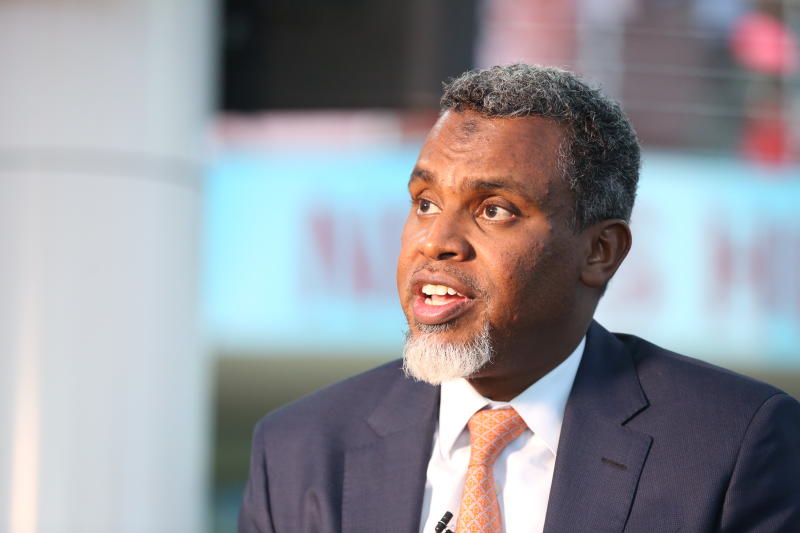
Director of Public Prosecutions (DPP) Noordin Haji has come out to defend the notion that politicians are receiving preferential treatment in dispensation of justice.
Mr Haji argued that his office has prioritised election-related misconduct over graft cases as the country draws closer to the elections. Following an interview with a local newspaper where Mr Haji stated that the Office of Director of Public Prosecutions was going to shift focus from prosecution of graft-related cases till after the elections, Kenyans reacted calling it an act of impunity designed to protect the political class.







